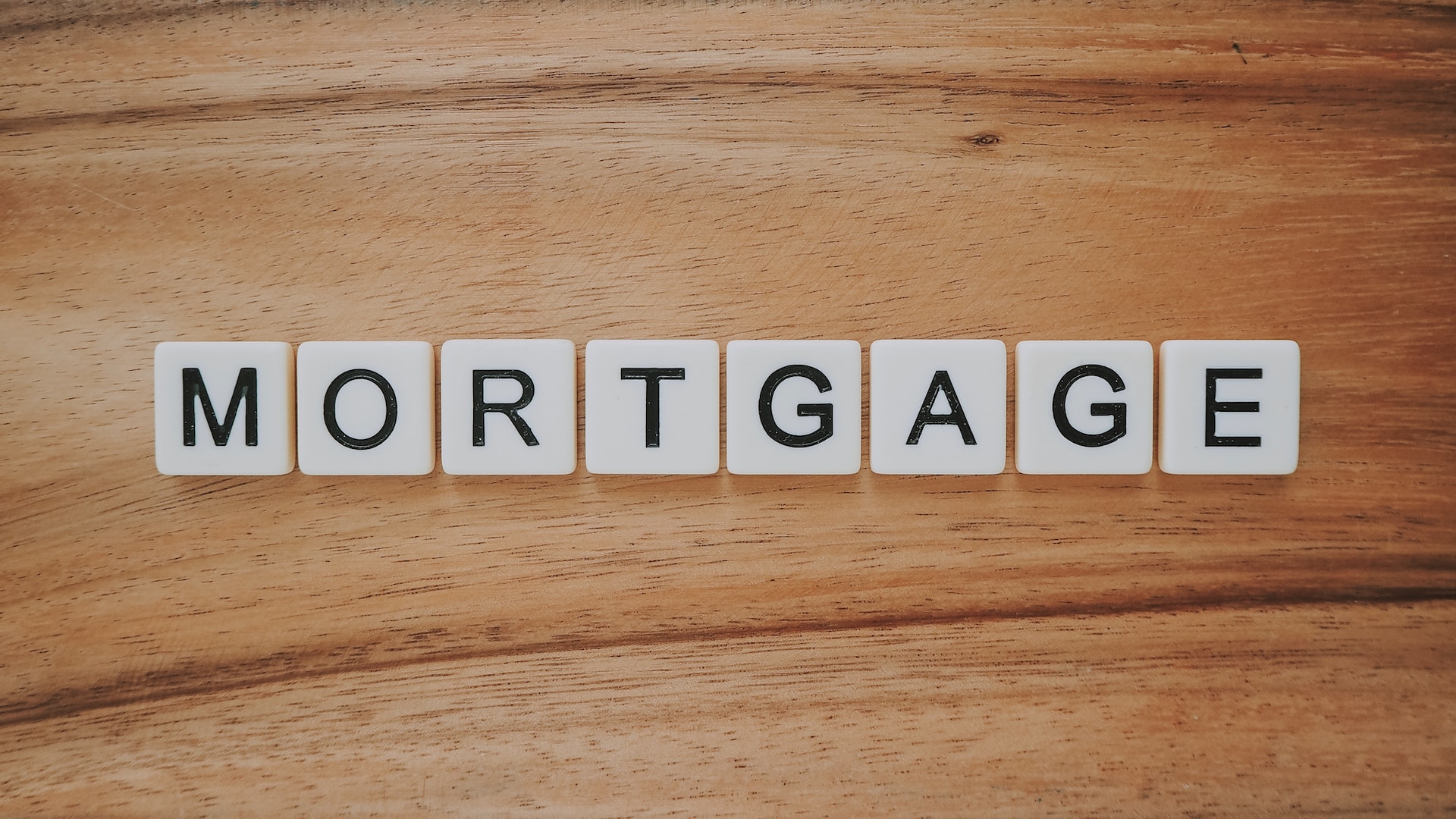If you're planning on buying a home in Tennessee, you'll likely need to get a home loan. But with so many types of home loans available, it can be overwhelming to choose the right one for your needs. In this article, we'll break down the most common types of home loans and help you understand the pros and cons of each.
Types of Loans
Let's start with the basics and the most common loans:
- Conventional loans
- FHA loans
- VA loans
- USDA loans
Each of these loans has its own set of requirements, eligibility criteria, and benefits. And depending on how much home you can buy can also affect which loan you qualify for.
Conventional Loans
Conventional loans are a popular choice for many homebuyers. These loans are not backed by the government, which means they're offered by private investors. To qualify for a conventional loan, you'll typically need a good credit score of 620 or higher, stable income, and a down payment of at least 3%. Understanding how much of a down payment you need can help you make better loan choices.
Pros of Conventional Loans
One of the main advantages of conventional loans is that they offer more flexibility in terms of loan amounts, repayment terms, and interest rates. If you have a good credit score and a stable income, you may be able to qualify for a lower interest rate, which can save you money over the life of your loan.
Cons of Conventional Loans
The downside of conventional loans is that they can be harder to qualify for than other types of loans. They typically require a higher credit score and a larger down payment than other loan options. Additionally, if you put down less than 20%, you'll be required to pay for private mortgage insurance (PMI).
FHA Loans
FHA loans are backed by the Federal Housing Administration (FHA) and are a popular option for first-time homebuyers. To qualify for an FHA loan, you'll need a credit score of at least 580 and a down payment of at least 3.5%.
Pros of FHA Loans
One of the main advantages of FHA loans is that they require a lower down payment than most conventional loans. Additionally, they offer more lenient credit score requirements, making them accessible to more borrowers. FHA loans also allow for higher debt-to-income ratios, which can be helpful for those with lower incomes.
Cons of FHA Loans
The downside of FHA loans is that they require mortgage insurance premiums (MIP), & Upfront Mortgage Insurance Premium (UFMIP) which can add a significant amount to your monthly payment. Additionally, there are limits on the amount you can borrow, which may limit your options if you're looking to purchase a more expensive home.
VA Loans
VA loans are available to current or former members of the military and their families. These loans are backed by the Department of Veterans Affairs and offer many benefits to eligible borrowers. To qualify for a VA loan, you'll need a Certificate of Eligibility (COE) and meet certain service requirements. We can get your COE for you when you submit your orders or your DD-214.
Pros of VA Loans
One of the main advantages of VA loans is that they offer no down payment options, which can be a huge benefit for those who may not have a large amount of cash on hand for a down payment. VA loans also offer competitive interest rates and do not require mortgage insurance.
Cons of VA Loans
The downside of VA loans is that they have stricter requirements for the property being purchased in comparison to conventional loans. The home must be in good condition and meet certain safety standards. Additionally, there may be limits on the amount you can borrow if you have outstanding entitlement, which may limit your options if you're looking to purchase.
VA Loans
If you're a current or former member of the military or their family, a VA loan may be the right choice for you. These loans are backed by the Department of Veterans Affairs and offer many benefits to eligible borrowers. To qualify for a VA loan, you'll need a Certificate of Eligibility (COE) and meet certain service requirements.
USDA Loans
USDA loans are another option available to homebuyers in eligible rural areas. These loans are backed by the U.S. Department of Agriculture and offer many benefits to eligible borrowers.
Pros of USDA Loans
One of the main advantages of USDA loans is that they offer no down payment options, similar to VA loans. Additionally, USDA loans offer competitive interest rates and may have lower credit score requirements than other loan options.
Cons of USDA Loans
However, there are some downsides to USDA loans as well. They have strict eligibility requirements, and you can only use them to purchase a home in a designated rural area. Additionally, there are income limits that you must meet to qualify for a USDA loan, which may limit your options if you have a higher income.
Knowing Which Home Loan to Apply For
Ultimately, when applying for a home loan, it’s best to speak with a Mortgage professional to help you understand which types of loans you qualify for and how to get a home loan.
If you are looking to buy a home or apply for a mortgage loan, we can help you apply for your loan today!






